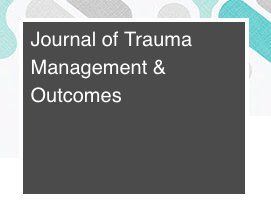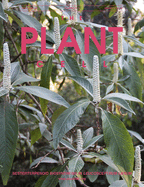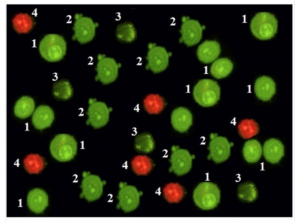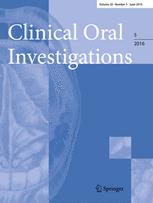BioMed Central has retracted a paper after realizing it shared details on the brain surgeries of four patients without their consent.
Darlene Lobel, a neurosurgeon at the Cleveland Clinic in Ohio, agreed to the retraction, and told us she didn’t know that she needed consent from the patients since all identifying details had been removed. The paper describes a technique for craniotomy — opening up the skull to access the brain — and included CT scans of hemorrhaging and swelling that the patients experienced, as well as other details such as their gender and age.
Here’s the retraction notice:
Continue reading Patients did not okay publishing brain surgery details









